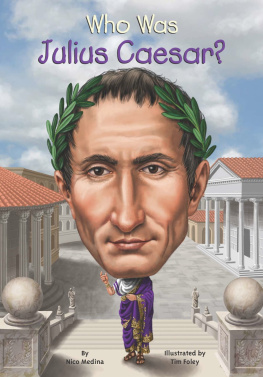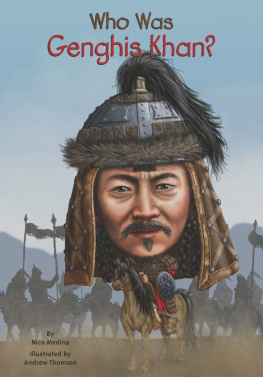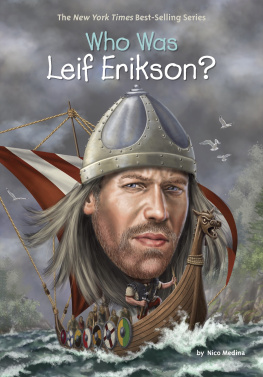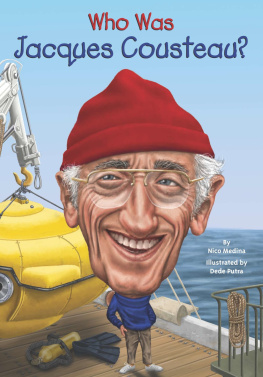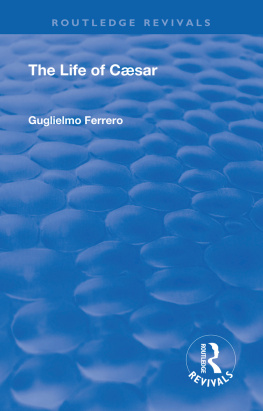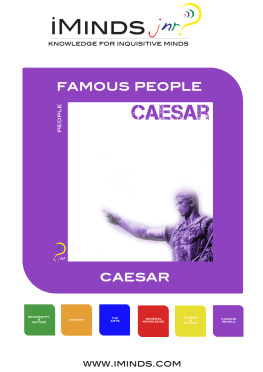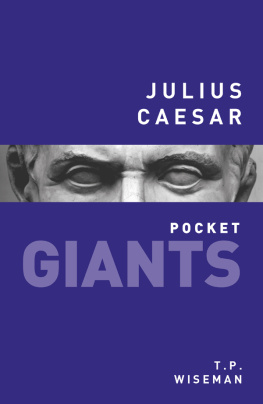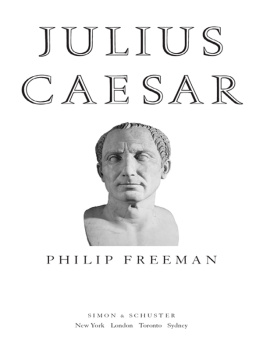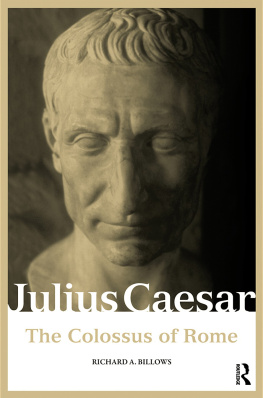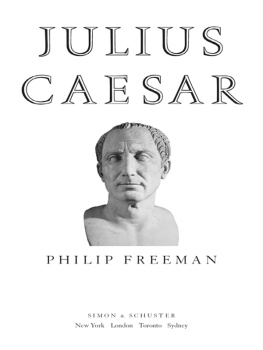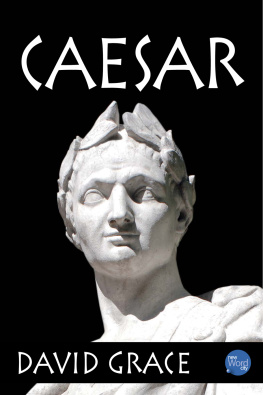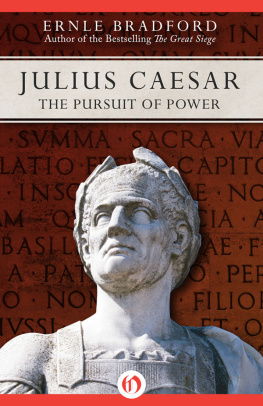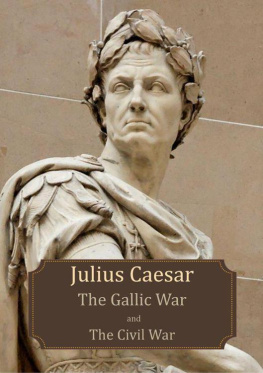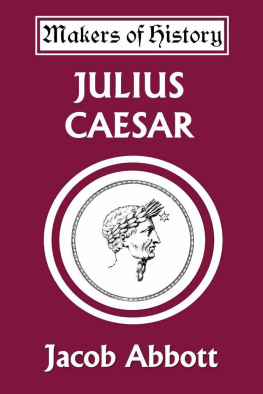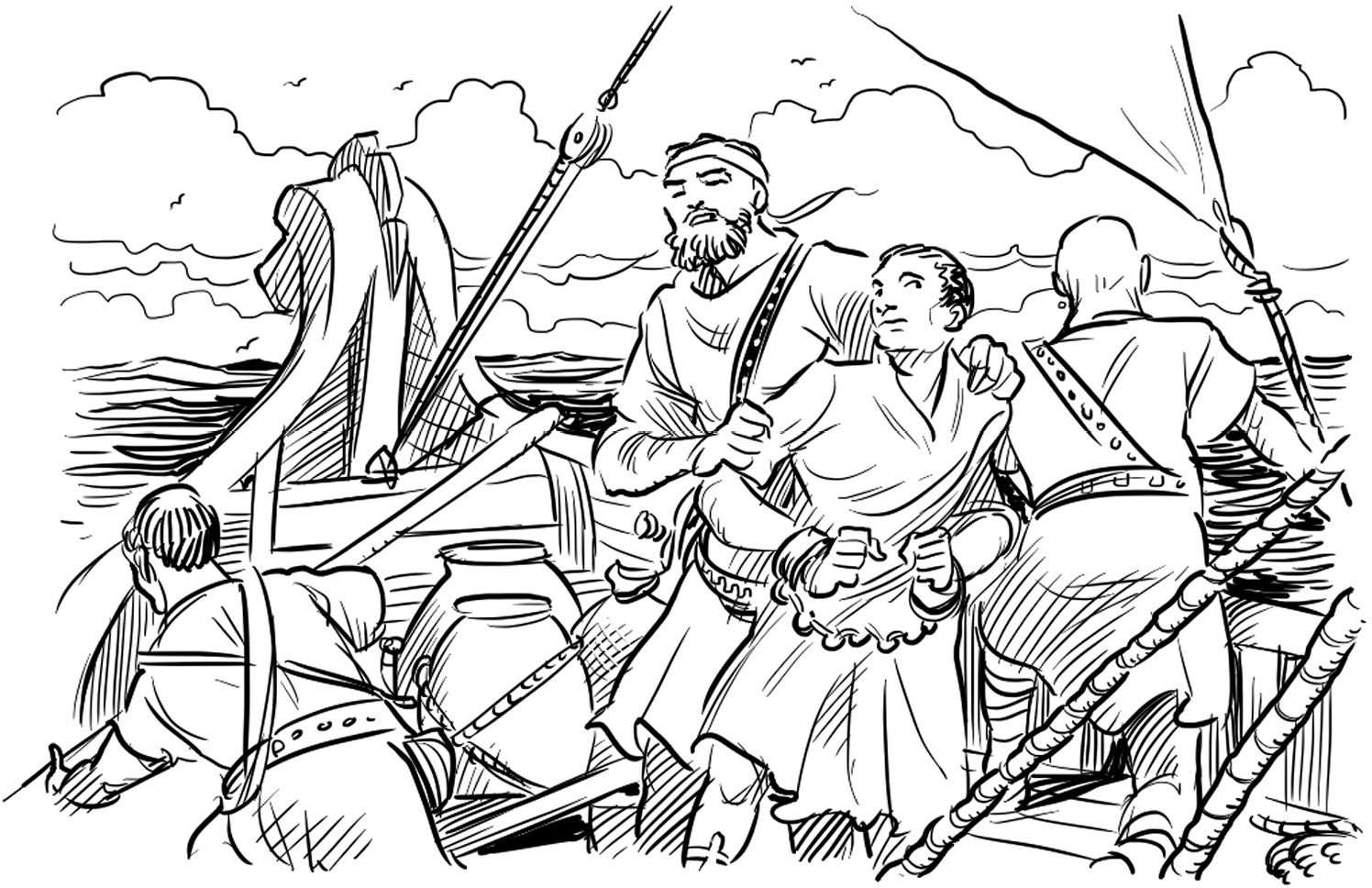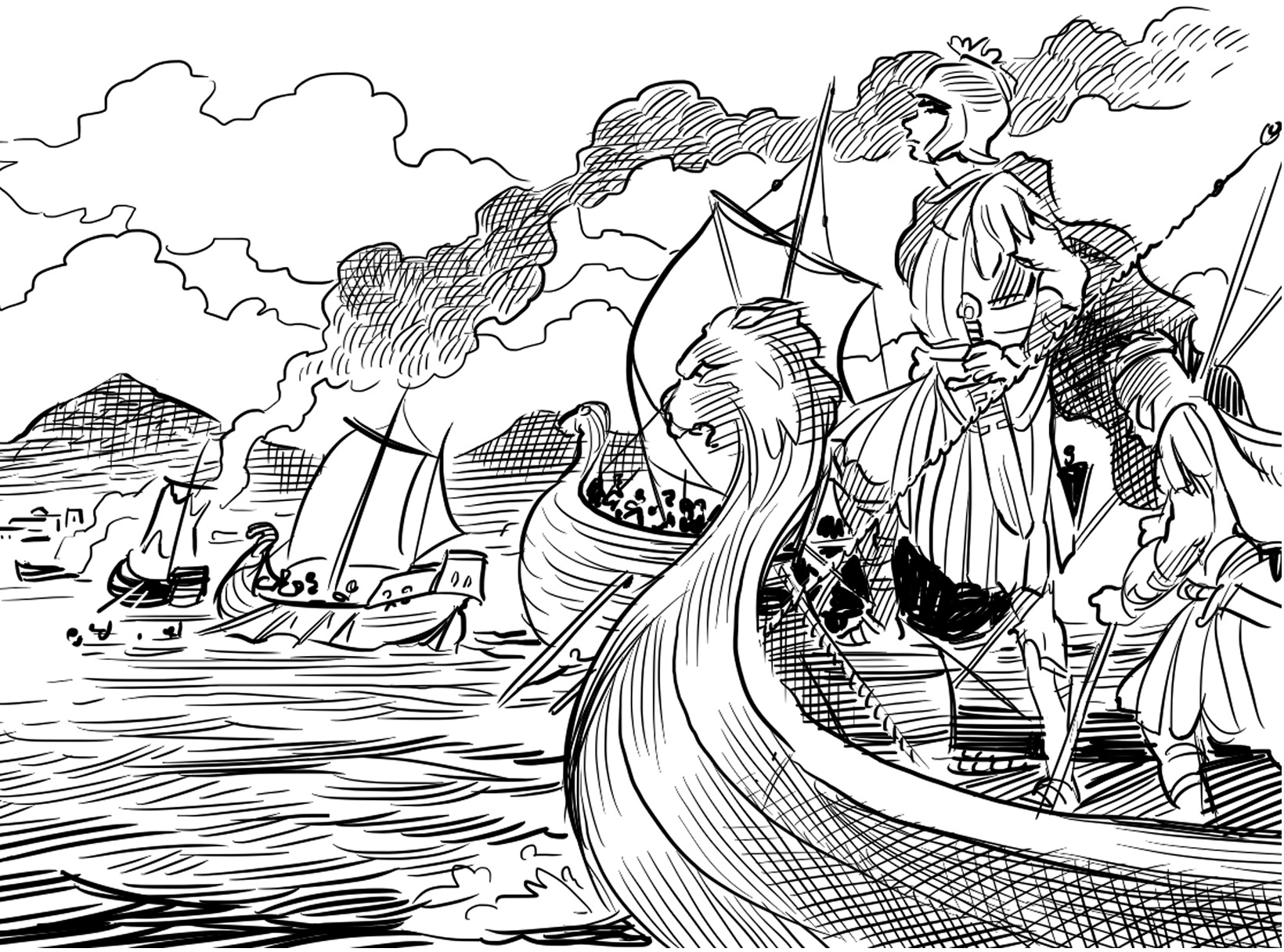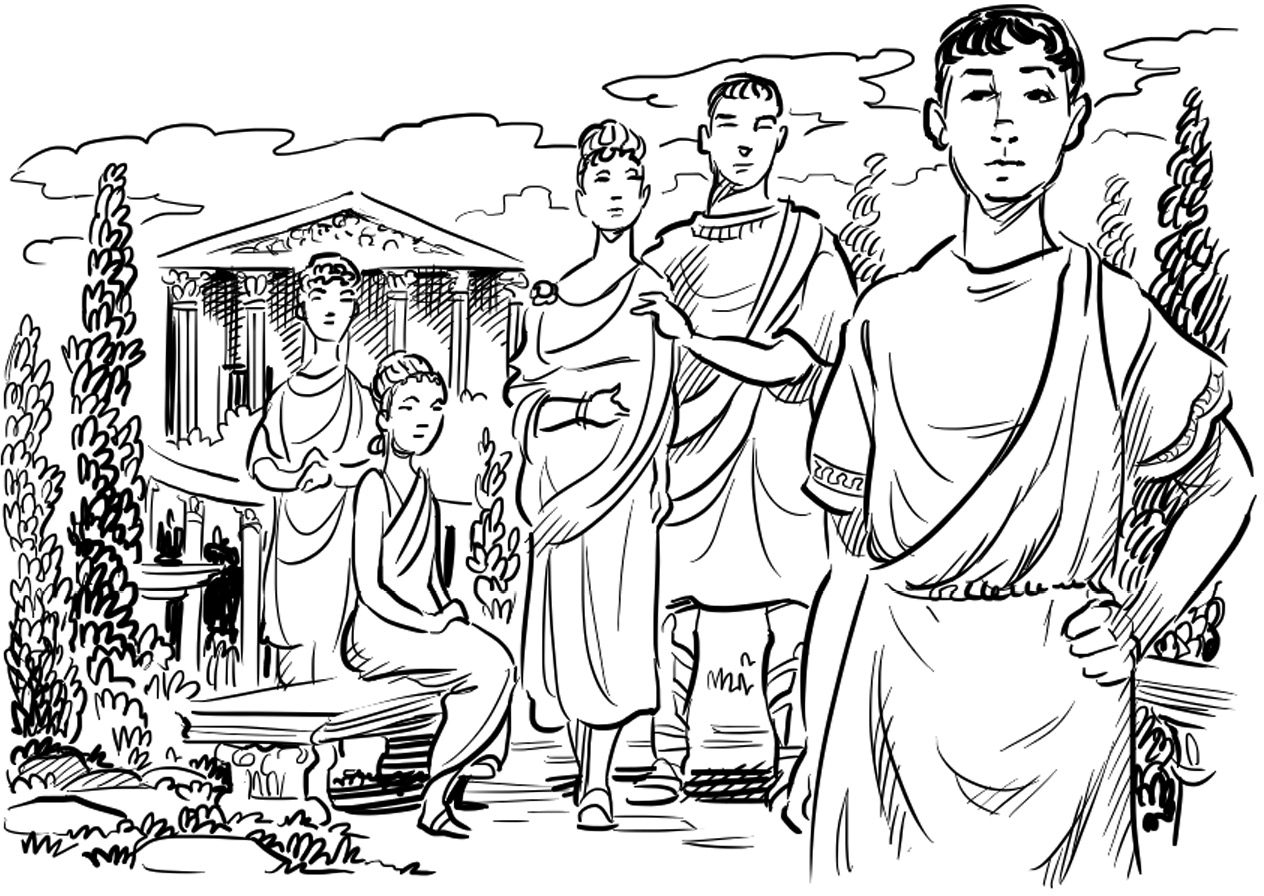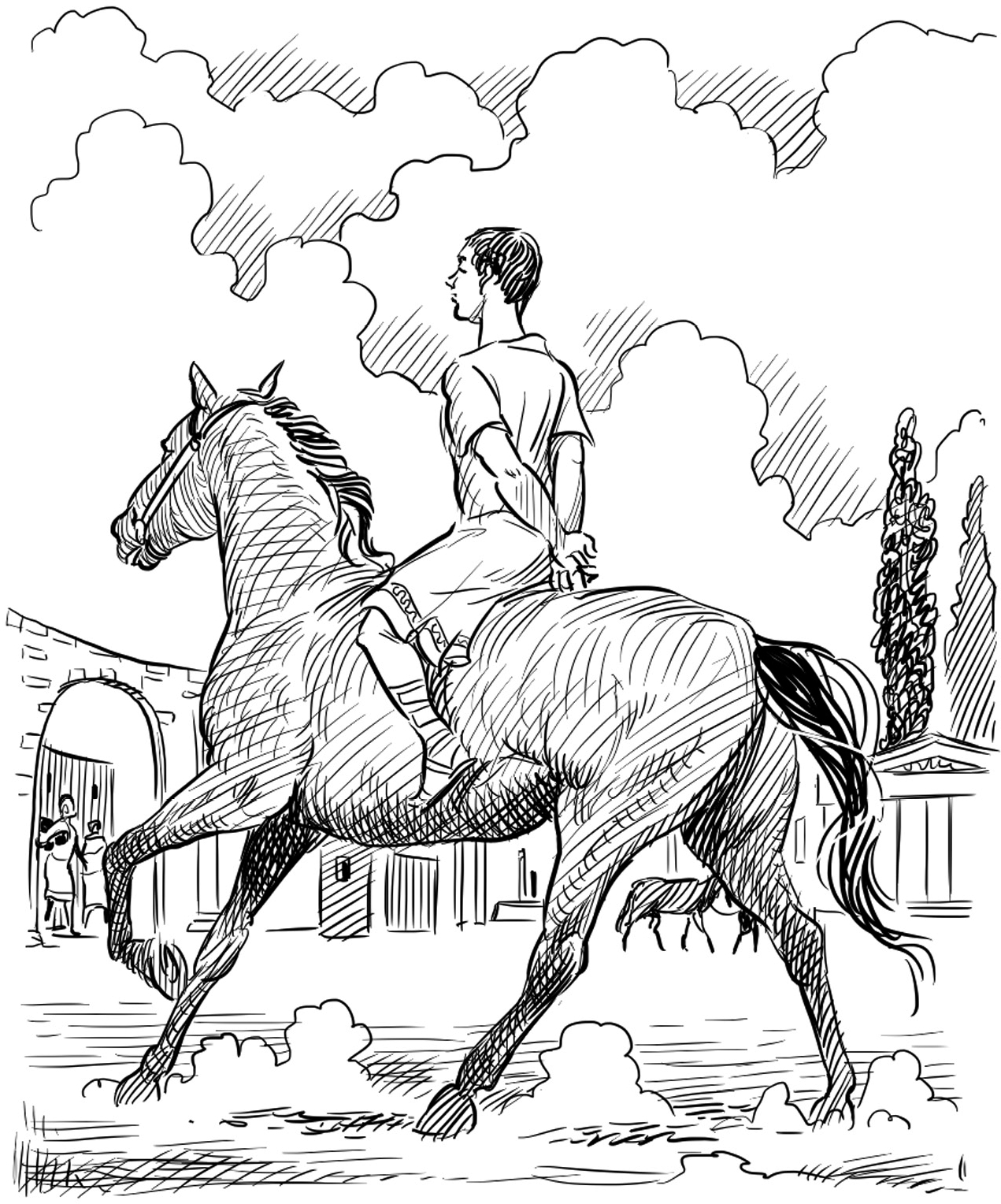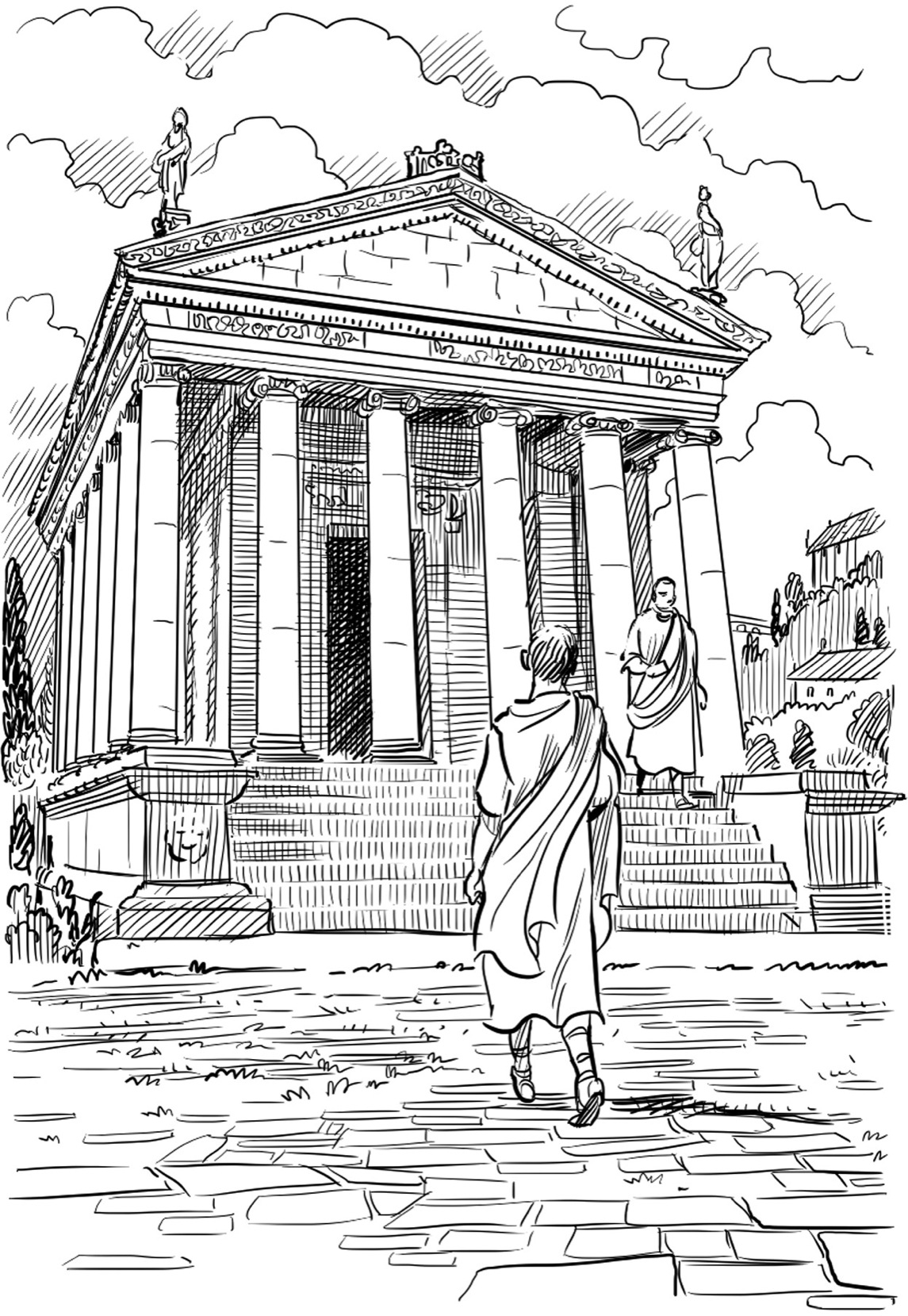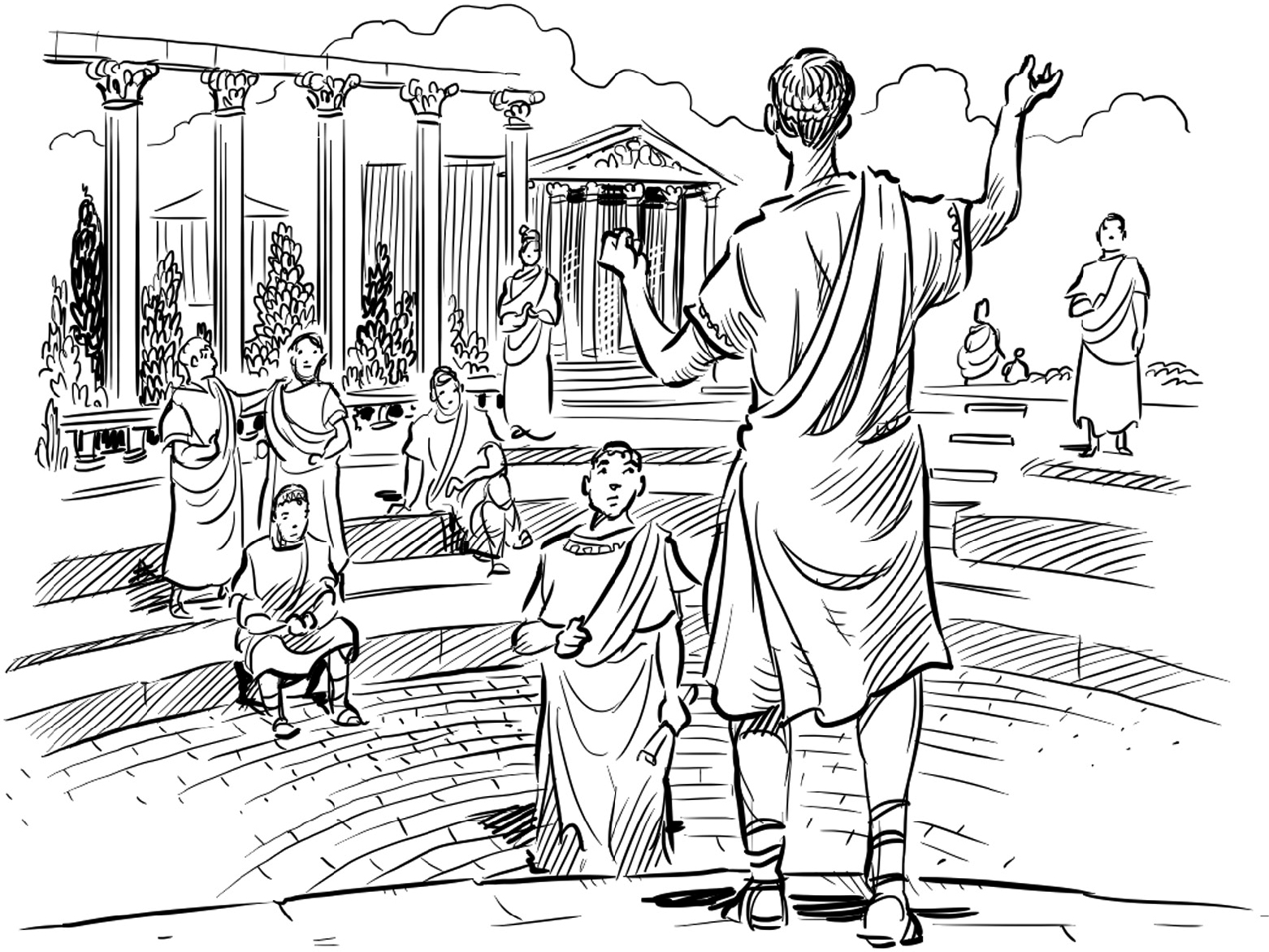USA | Canada | UK | Ireland | Australia | New Zealand | India | South Africa | China
If you purchased this book without a cover, you should be aware that this book is stolen property. It was reported as unsold and destroyed to the publisher, and neither the author nor the publisher has received any payment for this stripped book.
Penguin supports copyright. Copyright fuels creativity, encourages diverse voices, promotes free speech, and creates a vibrant culture. Thank you for buying an authorized edition of this book and for complying with copyright laws by not reproducing, scanning, or distributing any part of it in any form without permission. You are supporting writers and allowing Penguin to continue to publish books for every reader.
Text copyright 2014 by Nico Medina. Illustrations copyright 2014 by Tim Foley. Cover illustration copyright 2014 by Nancy Harrison. All rights reserved. Published by Grosset & Dunlap, a division of Penguin Young Readers Group, 345 Hudson Street, New York, New York 10014. GROSSET & DUNLAP is a trademark of Penguin Group (USA) LLC. Printed in the USA.
Who Was Julius Caesar?
More than two thousand years ago, a twenty-five-year-old man from Rome was traveling by boat to the Greek island of Rhodes. He was going to study public speaking there.
Suddenly, another ship appeareda ship full of pirates! They were from Ciliciawhat is now southern Turkey. Cilician pirates were feared throughout the ancient world. They were known to hijack large trading ships, steal the cargo, and sell the passengers into slavery.
But these pirates were not interested in making a slave of the young man from Rome. He was too important for that. He came from a famous family and was known for his bravery in battle. The Romans would pay a high ransom for his return.
The young man knew this. So when the pirates were set to demand twenty talents for his freedom, he laughed in their faces. A man of his fame was surely worth fifty talents. (That would be more than $30 million in todays money!)
Messengers were sent ashore with the pirates ransom demand, while back aboard the pirate ship, the young man did not act worried at all. He joined in the pirates exercises and games. If the pirates were too loud when he wanted to sleep, he sent his servant to tell them to quiet down. Sometimes, he made his captors listen to him recite poems and speeches he had written. If they acted bored, he called them stupid and threatened to have them killed the first chance he got. The pirates thought, What a joke! What could one prisoner do to a whole gang of pirates?
After more than a month, the ransom finally arrived. The young man was set free. As soon as he got back on dry land, he raised a fleet of warships and returned to punish the pirates.
The pirate ship was right where it had been. With little trouble, he captured the entire group and imprisoned them in a nearby Roman town. But was this enough to satisfy the young mans desire for revenge? No. He took each and every one of the pirates and had them killed.
No one messed with this man known as Julius Caesar. Those who did, lived to regret it... if they were lucky enough escape with their lives.
Over his lifetime, Julius Caesar doubled the size of the Roman Republic. He ruled over it single-handedly as dictator for life, the first man to do so in nearly five hundred years.
Julius Caesar changed Rome, and the world, forever.
Chapter 1
Young Caesar
Julius Caesar was born in Rome in the year 100 BC. As a boy, he was tall and slender, with a full, round face, dark hair, and intense black eyes.
Julius Caesar was named after his father. His mothers name was Aurelia, and his two older sisters were both named Julia. That was probably very confusing!
His family lived in Subura, a poor neighborhood of crowded apartment buildings. Many former slaves and foreigners lived there. Caesars family was not rich or powerful, but they were patricians. This meant they were Romans of noble blood. They traced their roots back hundreds of years. Caesars family said they were descended directly from Venus, Roman goddess of love and beauty!
No one in Caesars family had done anything very important in many years. As his parents only son, much was expected of young Caesar.
His father taught him to fight with the Roman warriors weapons of choice: a long spear, a short sword, and a shield. Caesar learned to swim in the Tiber River and to ride horses on the Field of Mars. He wasnt the biggest or strongest boy, but Caesar worked hard. He was such a good horseman, he could ride with his arms behind his backwithout a saddle!
At home, Caesar learned basic reading, writing, and math skills from his mother and a private tutora slave from Greece.
RELIGION IN ANCIENT ROME
THE ROMANS BORROWED A LOT FROM THE CULTURE OF ANCIENT GREECE. THEY COPIED GREEK ARCHITECTURE; GREEK WAS ONE OF THE REPUBLICS TWO OFFICIAL LANGUAGES; AND THEY WORSHIPPED GREEK GODSAFTER GIVING THEM ROMAN NAMES. THE MOST POWERFUL GREEK GOD, ZEUS, BECAME THE ROMAN GOD JUPITER. THE GREEK GOD OF WAR, ARES, WAS RENAMED MARS. POSEIDON, THE GREEK RULER OF THE SEAS, WAS NEPTUNE TO THE ROMANS. A GOD OR GODDESS EXISTED FOR ALMOST EVERYTHINGTHERE WAS EVEN A GOD FOR MILDEW!
RELIGION WAS PART OF EVERYDAY LIFE IN ROME. ALMOST EVERYONE HAD A HOUSEHOLD SHRINE: A SMALL CUPBOARD WITH PICTURES AND TRINKETS WHERE THEY COULD PRAY AND MAKE OFFERINGSOFTEN FOOD OR DRINKTO THE GODS. IN TEMPLES, ANIMALS WERE SOMETIMES SACRIFICED TO PLEASE THE GODS. THE ROMANS BELIEVED IF THEY WERE GOOD AND GENEROUS TO THEIR GODS, THE GODS WOULD RETURN THE FAVOR.
When Caesar grew older, he learned Greek. He also read and wrote poetry, and perfected his skill at oratory speaking before crowds. Being a good orator was extremely important for anyone who wanted to be a leader. If you could speak powerfully, people could be persuaded to vote for the causes you believed in.

